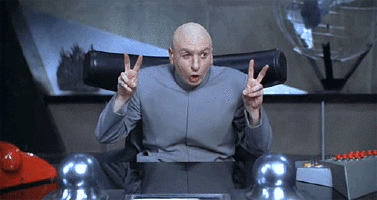As a writer (and for many researchers and academics as well), getting your work published is one of the biggest goals we have (next to earning enough from our work to keep us going).
But why is it so hard to get published?
Often, publishers and commissioning editors have a specific work in mind, and our submitted work just isn’t what they’re looking for.
But at other times, the only thing standing between our manuscript and publication is us! What happens is that publishers/editors don’t notice our work because we haven’t put in that extra effort.
What’s this extra effort, though? It’s nothing that difficult, really!
- Good grammar

Trust me, there’s nothing more annoying to an editor sifting through a neverending pile of submissions than bad grammar.Unless bad grammar is a part of your character’s charm/non-charm, bad grammar should not litter your cover letter or your work.Bad grammar shows two things. One, you’re not interested in even getting someone to help proofread your work because you think the publication you’re submitting to is crap anyway. Or two, you’re uninterested in the value of good grammar.
Either thing will send your submission straight out the door. Even if you have a great Pulitzer-winning idea.
- Submission guidelines

If you’re like that guy right there… Then you’re gonna have your submission rejected. I cannot stress this enough. Read. The. Submission. Guidelines.
If they say include an exegesis, please don’t think you can get away with not writing one. If they say use the MLA format for citations and you don’t even attempt to try, they will happily reject your submission until you try (or at least ask, if you’re not sure how to). If they ask for an anonymised document for peer review, do it. And if they say they don’t accept certain genres in their submission guidelines, and you choose to submit a work in that very genre, then… - Plagiarism
 Uh, nope.
Uh, nope.
Just nope.
This is perhaps the most important point of all.
Do not plagiarise.
Many of us don’t set out with the intention to “steal” someone else’s work, idea or expression. But we do. Simply because we have a faulty idea of what plagiarism really is.
(Read more on what constitutes plagiarism, and how to avoid it, here at Purdue OWL’s excellent site.)
The most common form of plagiarism I’ve encountered over my career is this: failure to cite your sources.
What happens is that I receive a paper filled with sentences (whole sentences, mind you), back to back, directly copied from multiple sources. This is plagiarism.
If you want to quote someone, quote them properly. Use the proper in-text citation format. Use quotation marks. Mention them.
Capish?
I hope this helps. Till the next time.


One Reply to “”